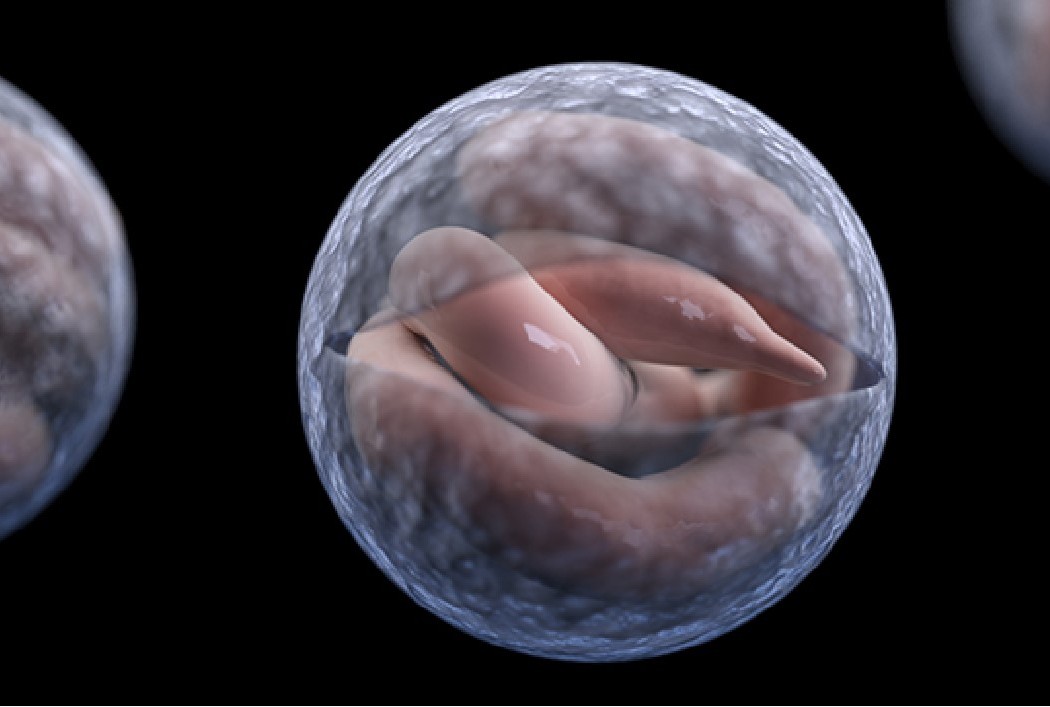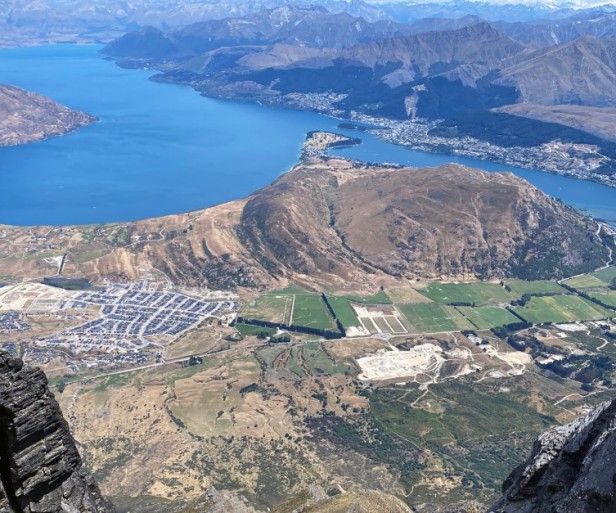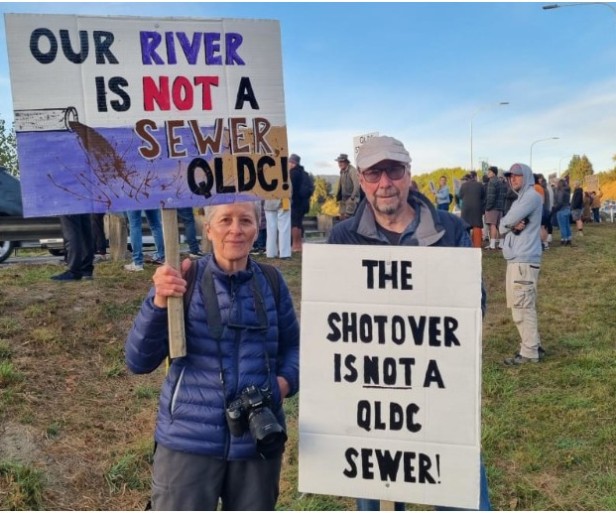Diarrhoea outbreak - boil water notice

Queenstown Lakes District Council has this evening issued a boil water notice after at least eight people were taken ill with a diarrhoea bug, caused by a microorganism.
The notice affects all properties serviced by the council’s Queenstown supply including Frankton, Quail Rise and Tucker Beach Rd, Kelvin Heights and Hanley’s Farm.
Jack’s Point is a privately operated water supply and is not affected.
"NPHS Southern has confirmed a number of local cases of illness caused by the protozoa, cryptosporidium," QLDC Property and Infrastructure General Manager Tony Avery says.
"There are currently eight confirmed cases originating in neighbourhoods serviced by this supply."
The source of these cases is not yet known and there is no confirmed link to the local water supply.
"However, on the basis of advice from NPHS Southern regarding the nature of symptoms related to cryptosporidium infection and the potential speed and ease of transmission, we are issuing this notice."
The council is also aware of reports on social media of people living in Fernhill feeling unwell.
"As a result, Council via its contractor began more frequent monitoring in the Fernhill area on Friday, 8 September. All results to date have been, and continue to be, normal.
"This monitoring tests for indicators of contamination via the presence of E.coli or total coliforms, and also checks residual chlorine levels.
"However, this testing does not specifically identify the presence or absence of cryptosporidium. Whilst there has been no result to date that indicates the local water supply has been compromised, as the supply at this location does not currently have a protozoa barrier as part of the treatment process this cannot be conclusively ruled out.
"In general, the potential for cryptosporidium contamination is highly unlikely. But with these cases confirmed, and to minimise others’ potential exposure to cryptosporidiosis, all residents and businesses in these areas should boil their water until further notice."
Boiling water kills any microorganisms that could be present. In the locations outlined above people are advised to boil all their drinking water for at least one minute (or use bottled water) for the following uses:
- Drinking water – including cold beverages, ice-making and coffee machines
- Food preparation – including washing uncooked foods such as salad, vegetables, and fruit
- Preparing baby formula
- Washing food utensils
- Brushing teeth
- Pets
"We will continue to engage with NPHS Southern and Taumata Arowai (the Drinking Water Regulator), and will issue further advice as and when the situation changes,” added Mr Avery. “Anyone with related symptoms should seek medical advice.”
More information can be found on the Taumata Arowai website.
For information about cryptosporidiosis, including symptoms and treatment, visit the Government's health education website.
General information about how to stop the spread of cryptosporidium and what to do if you have symptoms provided by NPHS Southern:
How to help stop the spread of infection
The best thing you and your whānau can do to stop the spread of cryptosporidium (crypto) infection is to practise good hand hygiene. This means scrubbing your hands with soap and water for at least 20 seconds and drying them thoroughly with a clean towel:
- After using the bathroom, changing a diaper, or helping others use the bathroom
- Before eating or cooking
- After handling an animal
- After gardening, even if you used gloves
- When caring for someone with diarrhoea
Other ways to help stop the spread of cryptosporidium infection are:
- Stay home or keep young children home when you or they have an active case of diarrhoea
- Don’t drink untreated water
- Shower before using recreational swimming facilities to wash away any potential Cryptosporidium organisms on your body.
- Don’t swallow pool water.
- Wash all produce before eating it. Peeling the skins will also reduce your risk
- Take young children at the pool to the bathroom frequently
- Change children’s diapers often
- Stay clear of the water if you or your children have diarrhoea. Stay out of the water for a full two weeks after the diarrhoea subsides
What to do if you have symptoms
The most common symptom of crypto infection is smelly, watery diarrhoea and stomach cramps. If you live in the Queenstown area or have visited there in the last 12 days and are experiencing these symptoms, please call your GP and inform them.









